Understanding Common Reasons Why My Air Con Is Not Working
Discovering that my air con is not working can be incredibly frustrating, especially during hot summer days. Understanding the various issues that could lead to your air conditioner failing to cool your space is essential. Below are some common reasons that may cause your unit to stop functioning properly.
Low Coolant Levels
Low coolant levels are one of the most common culprits behind an air conditioning unit’s failure to cool effectively. Refrigerant, which is the fluid that absorbs heat from your home’s air, can leak for a variety of reasons. Over time, wear and tear on the coils or damage to the lines can lead to reduced levels of this essential substance.
Signs of low coolant levels can include:
- The AC is blowing warm air.
- Icing on the refrigerant lines or evaporator coils.
- Increased electricity bills without a corresponding increase in temperature settings.
If you suspect that your air conditioner is low on refrigerant, it’s important to have a professional check for leaks and recharge the system, as handling refrigerants requires specialized training and legal compliance.
Dirty Air Filters
Another critical reason your air conditioning system may not be working efficiently is due to dirty or clogged air filters. Air filters trap dust, dirt, and other airborne particulates to protect the system and maintain air quality. Over time, these filters can become blocked, drastically reducing airflow and impacting the AC’s efficiency.
Symptoms of a dirty filter include:
- Weak airflow from vents.
- Unusual sounds or vibrations from the unit.
- Increased energy consumption.
Regularly replacing or cleaning your air filters—generally every 1-3 months—can help prevent these issues and enhance the performance of your air conditioning system.
Electrical Issues
Electrical malfunctions are also a significant factor when your air conditioner isn’t functioning. These can involve issues with the wiring, switches, or other components that can prevent the system from receiving the necessary power to operate. Common signs of electrical issues include:
- The AC unit does not turn on at all.
- Frequent tripping of circuit breakers.
- Burning smells emanating from the unit.
If you suspect an electrical problem, it’s best to contact a licensed HVAC technician to diagnose and resolve the issue safely.
How to Troubleshoot When My Air Con Is Not Working
When your air conditioning unit stops working, it can be tempting to immediately call for professional help. However, there are several preliminary troubleshooting steps you can take to potentially resolve the issue without incurring any costs.
Checking the Thermostat Settings
The thermostat acts as the command center for your air conditioning system. Before proceeding with more extensive troubleshooting, check the thermostat settings to ensure:
- The thermostat is set to “cool.”
- The temperature setting is lower than the current indoor temperature.
- For programmable thermostats, confirm that the scheduled settings are correct.
In many cases, simply adjusting the thermostat can resolve the issue. If the thermostat doesn’t seem to control the unit properly, it may need batteries replaced or calibration checks.
Inspecting Electrical Components
Next, inspect visible electrical components of your AC system. Ensure that the circuit breaker is not tripped and that all fuses are intact. Make sure that any power switches associated with the unit are turned on. If you have a window unit, check the plug and socket for any signs of damage.
Additionally, examining the outdoor unit for any visible damage, such as debris or obstructions, can help identify potential issues.
Monitoring Airflow
Good airflow is essential for an air conditioning system to function effectively. Start by checking vents throughout your home. Ensure they are open and unobstructed by furniture or other objects. You can also feel for airflow near the vents—this will help you determine if the system is circulating air properly. If you notice any weak airflow, this may indicate clogged ducts or issues within the system that need professional assessment.
Prevention: Keeping My Air Con Working Properly
Preventive maintenance is crucial to ensure that your air conditioning unit remains in optimal condition. Following some simple best practices can help you avoid common problems and extend the life of your system.
Regular Maintenance Tips
Implementing a regular maintenance schedule is one of the most effective ways to keep your air conditioning system running efficiently. Here are some tips:
- Schedule seasonal checks with a qualified HVAC technician to inspect and tune your system.
- Clean or replace air filters every 1-3 months.
- Keep outdoor units free from debris and foliage.
Seasonal Preparations
Before the cooling season begins, take the time to prepare your air conditioning unit:
- Inspect and clean the outdoor condenser coils to increase efficiency.
- Check the refrigerant levels and top off if necessary.
- Test the thermostat to ensure it responds correctly.
Choosing Quality Filters
Investing in high-quality air filters can significantly enhance your air system’s performance. Opt for filters with higher MERV (Minimum Efficiency Reporting Value) ratings to capture more airborne pollutants without blocking airflow. Furthermore, find filters that align with your specific air conditioning unit’s requirements to ensure compatibility and efficiency.
When to Call a Professional for Air Con Issues
While many air conditioning issues can be resolved by homeowners, some problems require professional expertise. Knowing when to call for help can save you time and money in the long run.
Signs of Serious Malfunction
Look out for these warning signs that indicate it’s time to call a professional:
- Persistent leaks around the air conditioner.
- Unusual or loud noises coming from the unit.
- Failure to cool despite regular maintenance.
Ignoring these signs can lead to more severe problems and costly repairs.
Understanding Repair Costs
The cost of repairing an air conditioning system can vary widely based on the issue at hand. On average, common repairs might range from $100 to $600, depending on the parts involved. More significant issues, like compressor or replacement costs, can climb substantially higher. Obtaining multiple quotes from technicians can help you make an informed decision.
Finding a Trustworthy HVAC Technician
When seeking a professional to address your air conditioning issue, take the time to find someone trustworthy. Look for:
- License and certification from relevant authorities.
- Positive reviews and testimonials from other customers.
- A clear, written estimate outlining the scope and cost of work before any repairs begin.
Frequently Asked Questions About Air Conditioning Problems
What to Do First When My Air Con Is Not Working?
Start by checking your thermostat settings and ensure that it is operational. Then, inspect your circuit breakers and look for any visible signs of damage. If these preliminary checks don’t identify the problem, consider calling a professional for further diagnostics.
How Often Should I Service My Air Conditioner?
It’s recommended to service your air conditioning unit at least once a year. Opt for spring as an ideal time for service before peak coolant demand during summer months. Regular check-ups can guarantee consistent performance and savings on energy bills.
What Are Common Misconceptions About Air Conditioning?
Some people believe that air conditioning systems only require attention when they fail; in reality, regular maintenance can avoid most issues. Another common myth is that closing vents in unused rooms saves energy. This can actually create pressure imbalances that lead to inefficiency and damage to the unit.
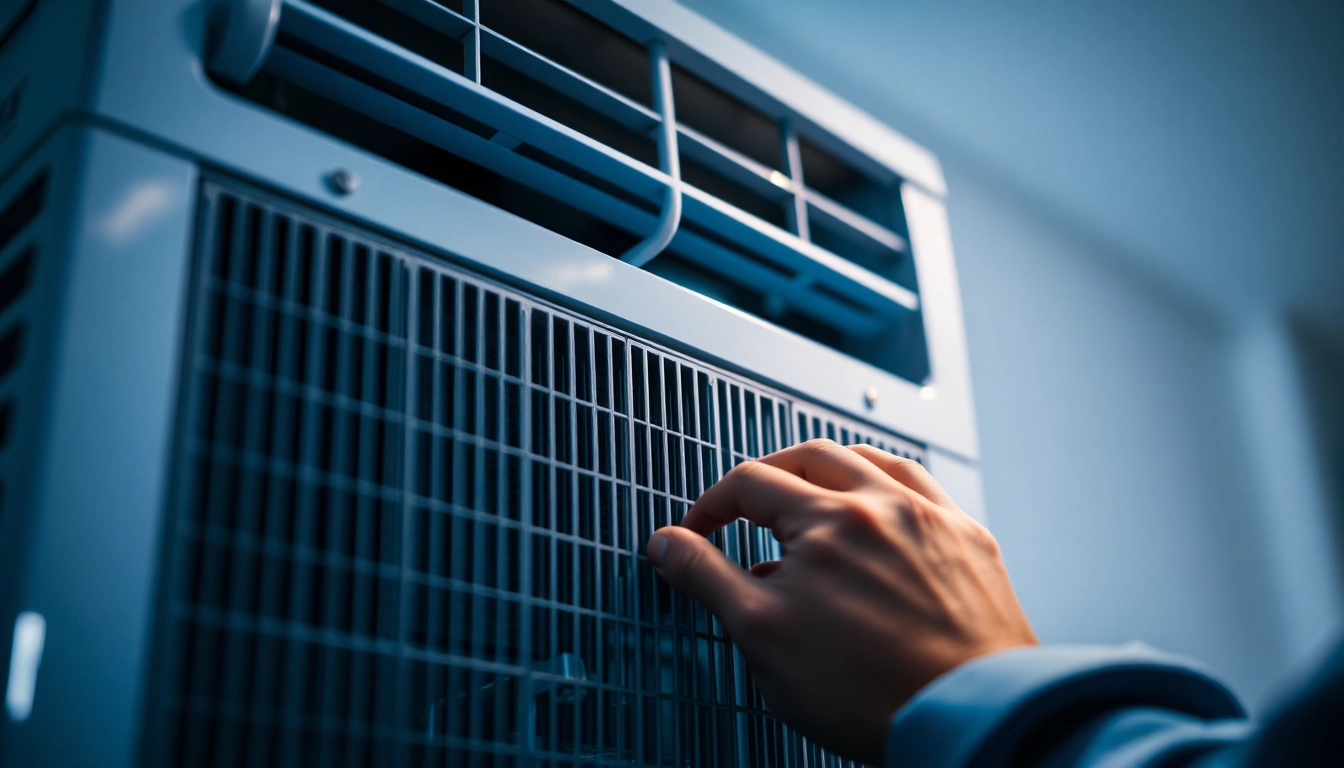

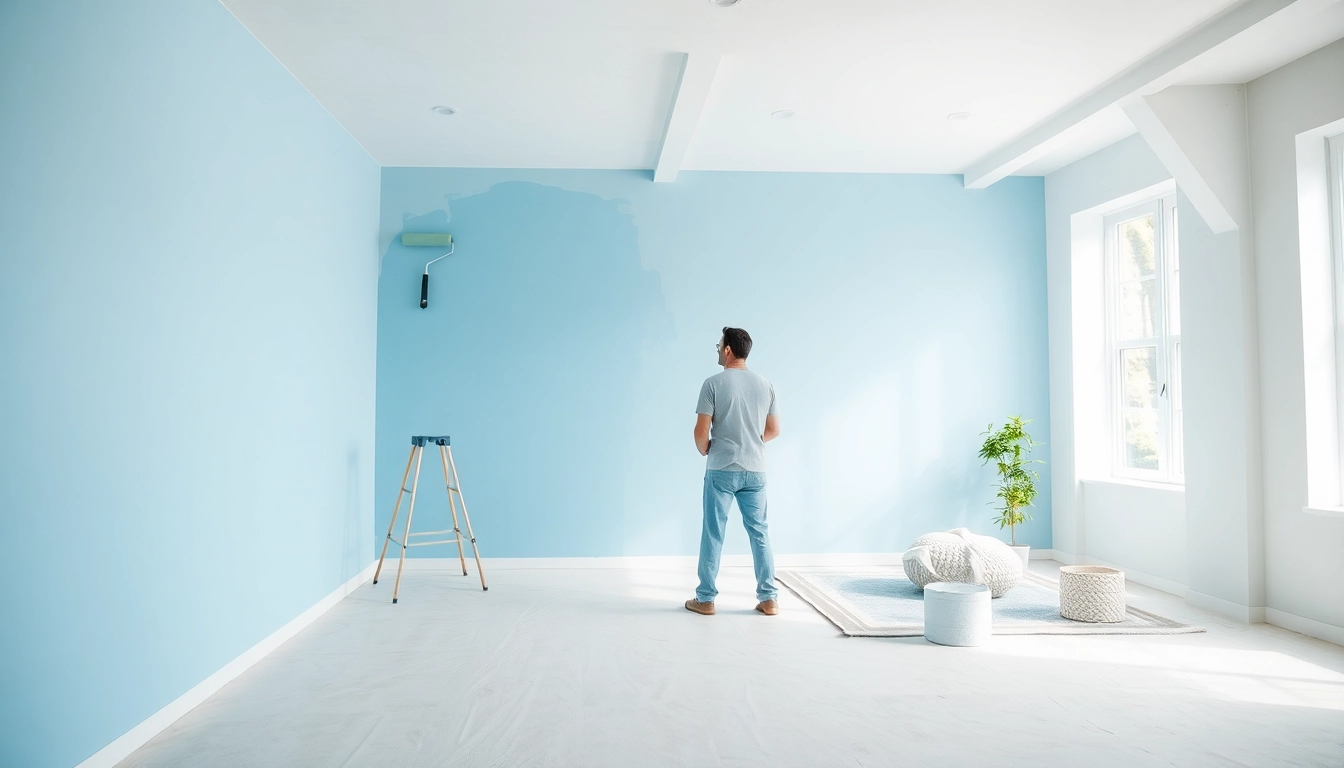


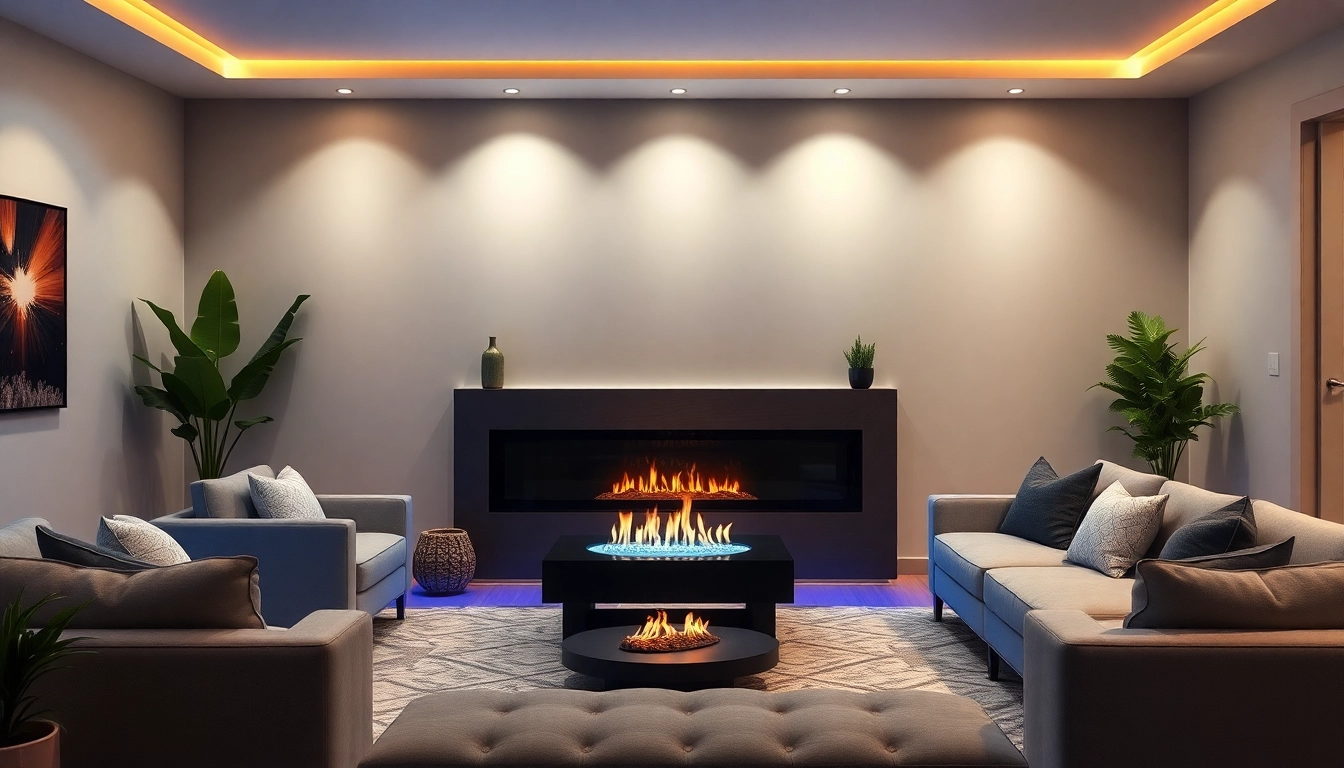

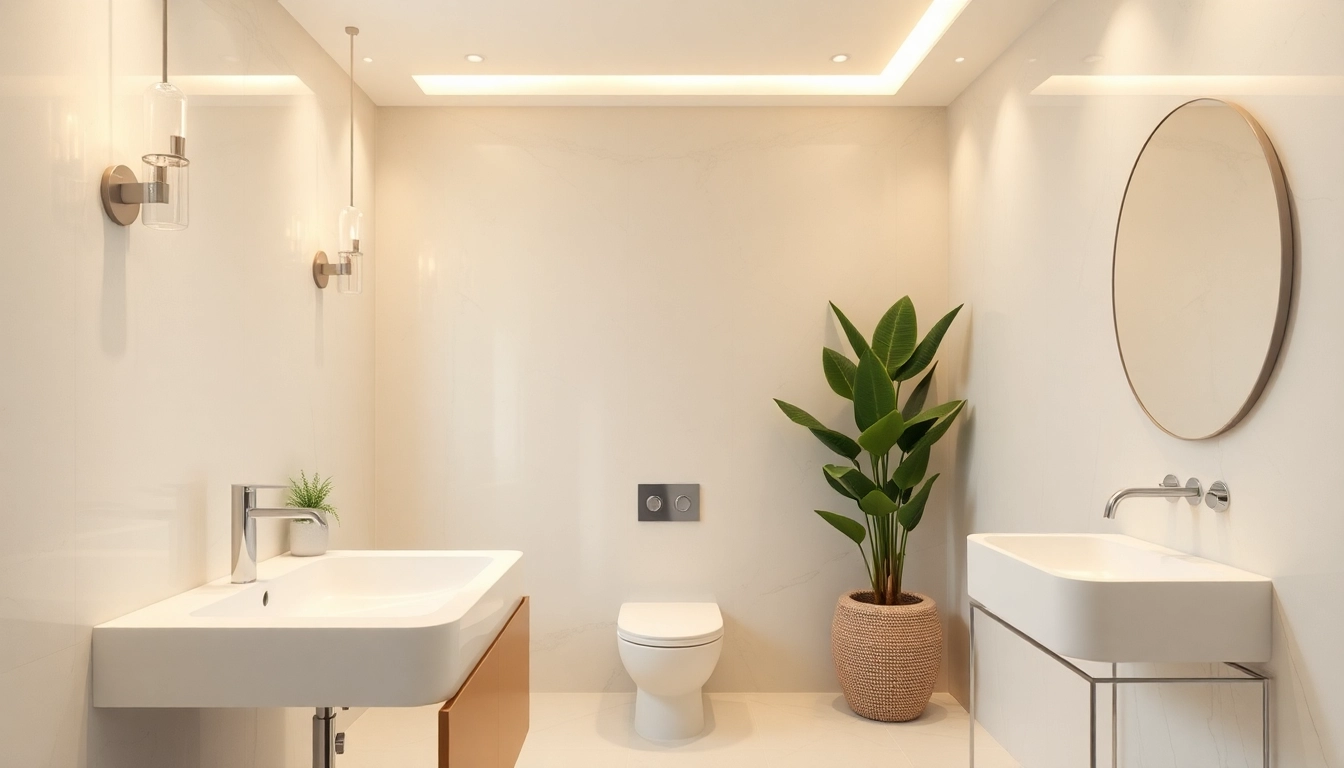

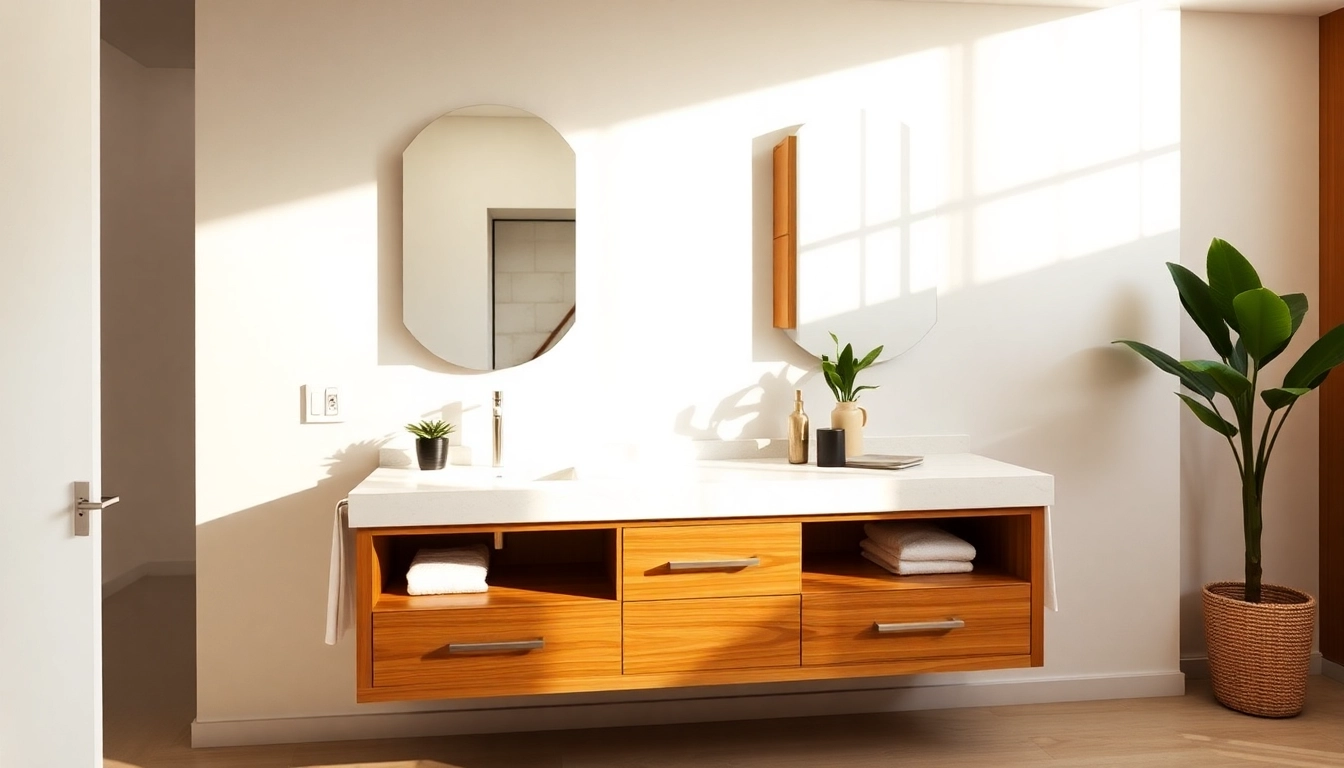


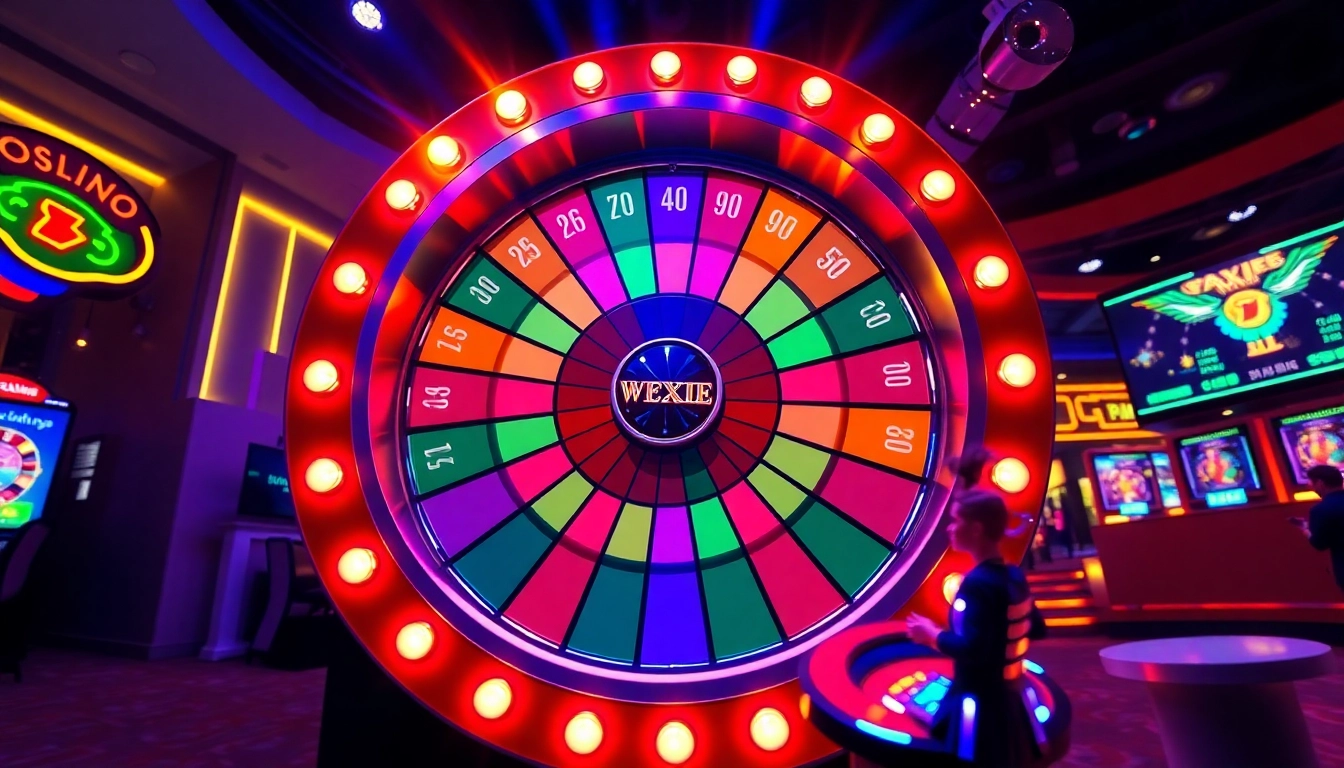
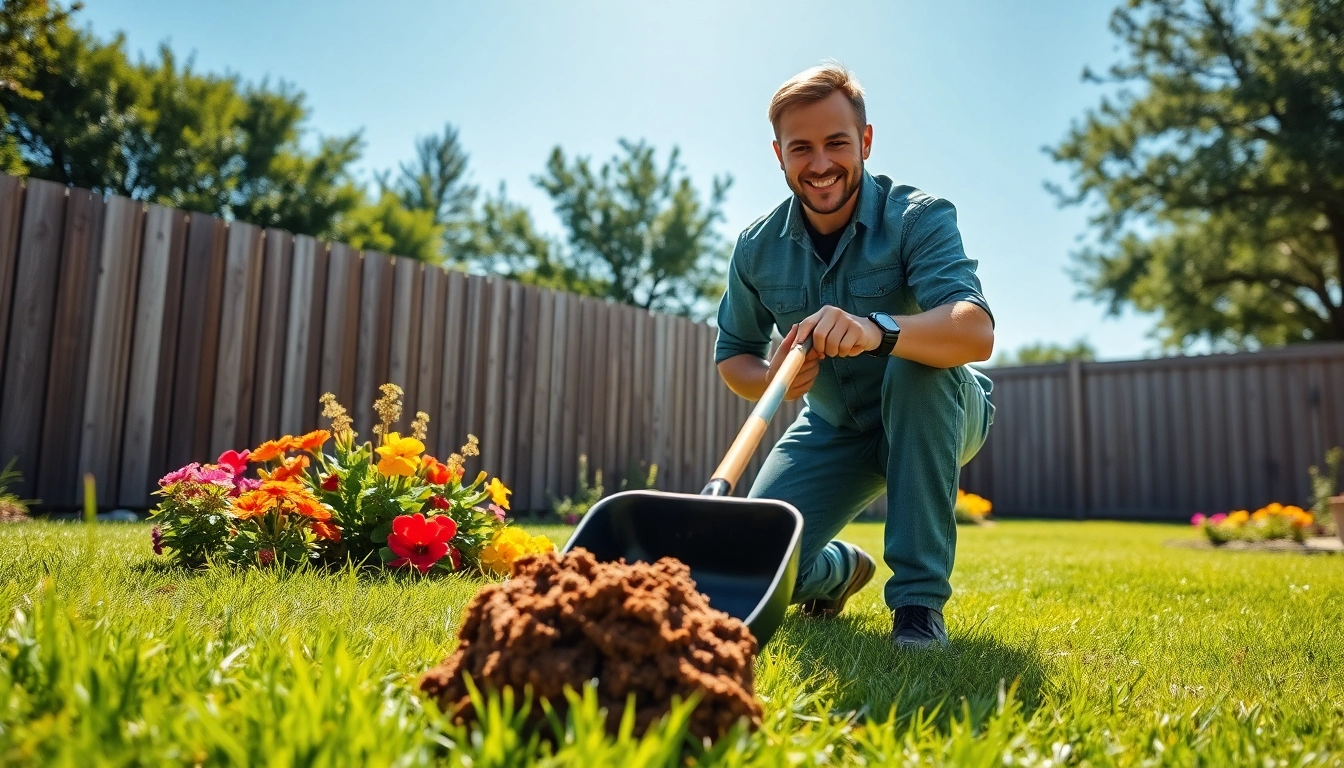
Leave a Reply